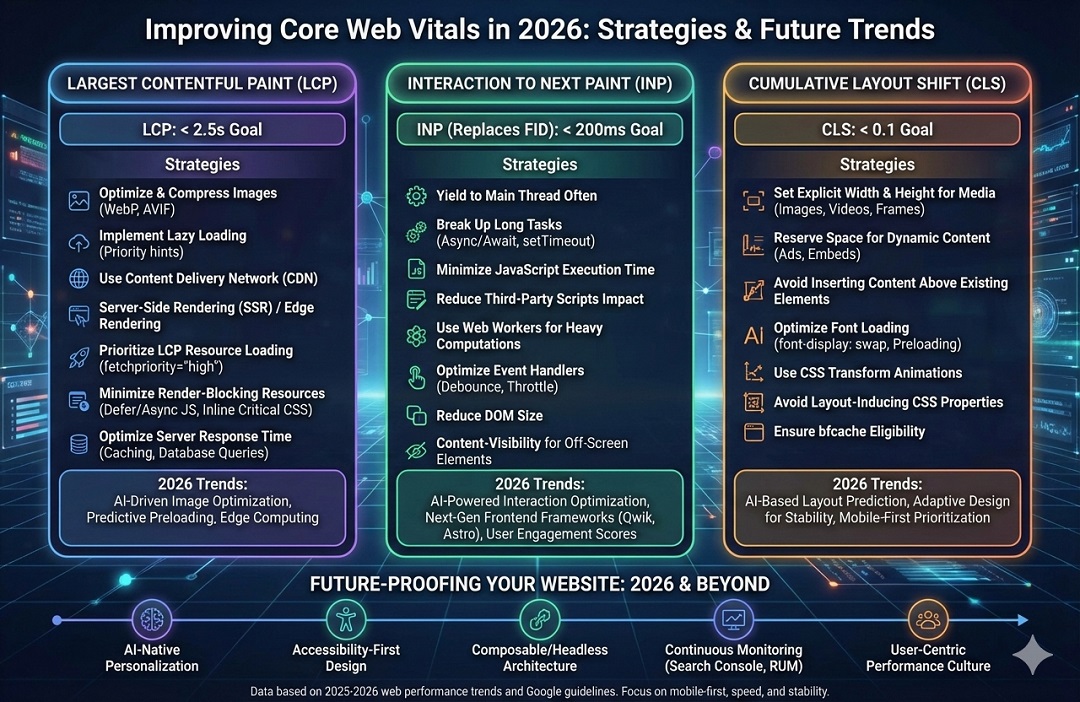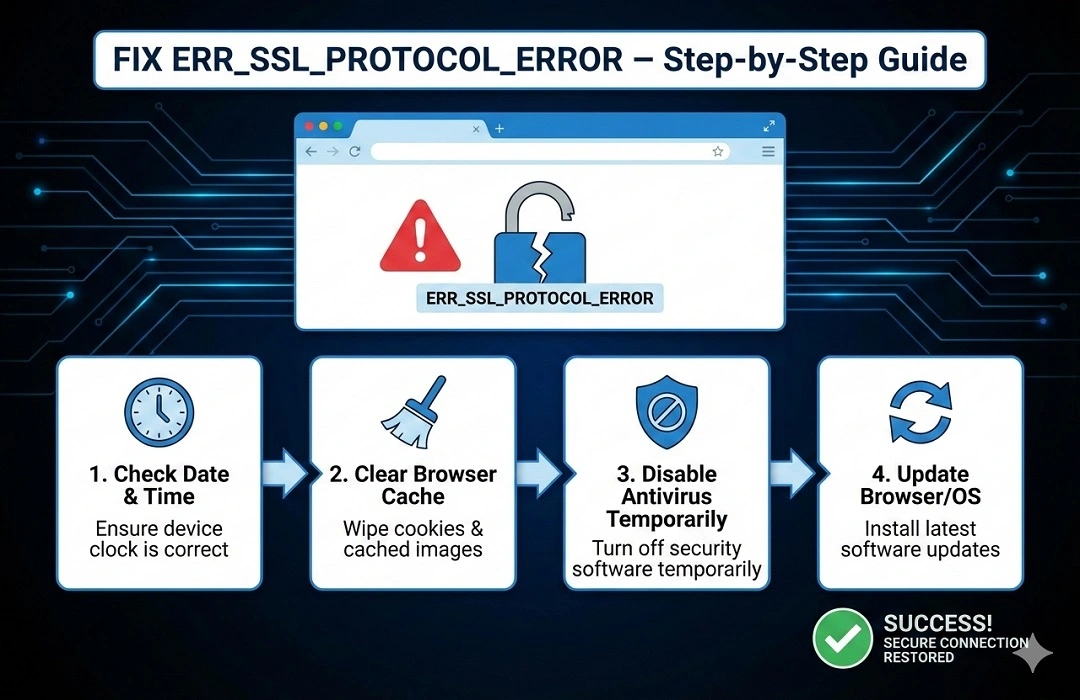
Voice Search Optimization in 2025: The New Era of SEO
However, voice search in 2025 is no longer merely a tech term—it is now a reality in everyday life. Handling more than 50% of all the online queries through voice commands makes for interaction with devices such as smartphones, smart speakers, cars, smart TVs, etc. Users give voice commands instead of typing queries. That's why voice search optimization is of utmost importance to businesses trying to stay visible online.
The blog will have a great time guiding you through voice search SEO strategies of 2025 in plain language with real-life examples if you want your content to rank better, it will also serve you well by adhering to Google's EEAT: Expertise, Experience, Authoritativeness, and Trustworthiness.
🔍 So Why Is Voice Search So Important in 2025?
There are some obvious reasons for the explosion of voice search:
Speed: Talking is three times faster than typing.
Drivability: Use it while driving or when hands are occupied doing something else.
Naturalness: People ask full questions, just like they would if talking to a person.
The changes are brought by popular voice assistants like Google Assistant, Alexa, Siri, and ChatGPT Voice. These are processes transforming the manner in which users interact with the web, requiring a corresponding change in the content.
🚀 How Voice Search is Changing SEO
1. Use Conversational and Long-Tail Keywords
Voice search queries are generally longer and more specific. For example:
Typed: "best SEO agencies in Delhi"
Voice: "What are the best SEO agencies in Delhi for E-commerce?"
Use tools like AnswerThePublic, Google's People Also Ask, or Semrush to find these types of questions and natural phrases.
2. Write for Featured Snippets
Intelligent assistants often get answers from Google featured snippets. To rank for these...
Answer questions in paragraphs of 40–60 words
Utilize clear headings like "What is…" or "How to…"
Whenever possible, include bullet points or numbered lists
3. Put in Schema Markup (Structured Data)
When you put schema markup on your page, it helps search engines better understand your content. In turn, this will help them determine if your page is eligible to be a voice answer.
Go for schema for:
FAQs
Local business information (name, address, phone number)
Products or events
Try Schema Markup Generator or WordPress plugins like RankMath.
4. Optimize Your Mobile Website
Since most voice searches are made via mobile phones, make sure:
The site loads in around 2.5 seconds
It is fully responsive (works well on all screen sizes)
Fonts and buttons are easy to read and tap
Test weight with Google PageSpeed Insights and Core Web Vitals.
5. Build FAQ Pages With Actual User Questions
Have a section on your site for frequently asked questions using actual questions people ask. The questions should begin with:
Who
What
When
Where
Why
How
Google loves such content for voice search.
6. Develop Local SEO Focus
Voice searches come with location-based intent like with-n-me. If you own a local business, then ensure that you optimize:
Google Business Profile
NAP consistency (Name, Address, Phone number)
Keywords like "open now," "near me," or "best [business type] near [city]".
For example:
"Which AC repair shops are open near me now?"
🛠️ Voice Search Optimization Tips (Quick Checklist)
✅ Use natural, conversational language
✅ Focus on long-tail keywords and full questions
✅ Structure content with subheadings and bullet points
✅ Use schema markup for rich results
✅ Keep your website fast and mobile-friendly
✅ Create Q&A-style content for quick voice answers
✅ Optimize for local search and local Google Maps
📚 Best Tools to Optimize for Voice Search
Some of the tools recommended for voice SEO are as follows:
AnswerThePublic – To find question keywords in voice style
Google Search Console – To track search performance
Ahrefs / Semrush – To find low-competition long-tail keywords
Schema Markup Generator – To create structured data easily
Google PageSpeed Insights – To test your site speed
👥 Building EEAT in Your Content
Google prioritizes content that demonstrates Expertise, Experience, Authority, and Trust. To add EEAT, do the following:
State your credentials or experience regarding the subject
Link to trusted sources or official references
Use real examples or case studies
Have About, Contact, and Privacy pages on your website
Add author bio and keep updating the content
🧠 Final Views
Voice search is here to stay. In the year 2025, users have expectations of quick, clear, and voice-enabled answers. If your website speaks their language-literally-they're going to attract a higher number of visitors, engagement, and conversions.
Start optimizing your site using conversational keywords, Featured Snippets, schema, and a mobile-friendly design. Then center on user intent and keep it simple. That is the winning thing to do in the voice-first world.
Frequently Asked Questions
1. What is voice search optimization?
Voice search optimization is the process of optimizing one's website and content to rank higher for voice-activated searches on mobile and smart devices, such as smartphones, smart speakers (Alexa, Google Home), and voice assistants (Siri, Google Assistant). It involves the use of natural language, conversational keywords, and structured data.
2. Why is voice search going to matter in 2025?
With an increasing number of smart gadgets and AI-powered assistants available to consumers, voice search is expected to rise above 60% of all search queries by 2025. Do-it-yourself fast interactions are preferred by consumers, and businesses thus need to change or risk losing out on the top spot in SEO.
3. How will AI influence voice search in 2025?
It is AI that is actually going to be a major player in making sure voice assistants are smarter in 2025, and better at understanding context, intent, and personalization. This requires your content to be relevant, user-serving, and semantically rich to be ranked on voice-based queries.
4. The differentiating factors in voice search from SEO?
Generally, voice search queries tend to be longer, conversational, and question-oriented- examples include: "What is the best pizza place near me?" Voice Search optimization, therefore, involves more focus on natural language, local SEO, and featured snippets as opposed to keyword-based local search.
5. Is voice search only important for mobile users?
No. With mobiles being a major platform for voice search, smart speakers and desktops, as well as wearable devices and impounded vehicles, all richly contribute as well. Hence, the voice search is a multi-platform and channel platform.












 How It works
How It works



